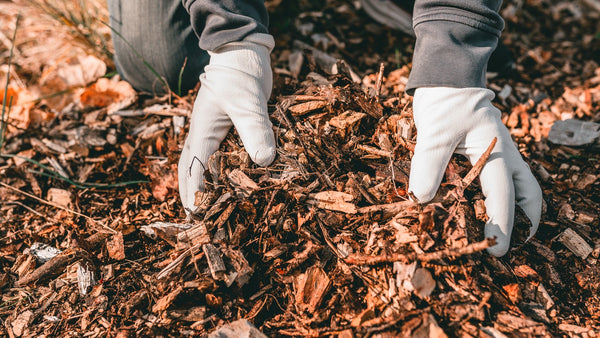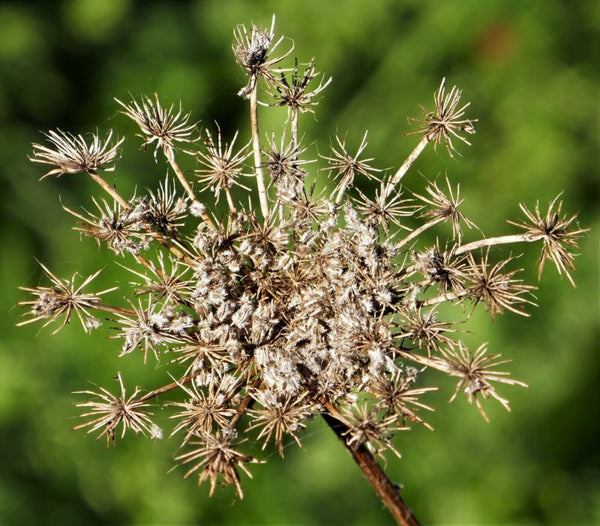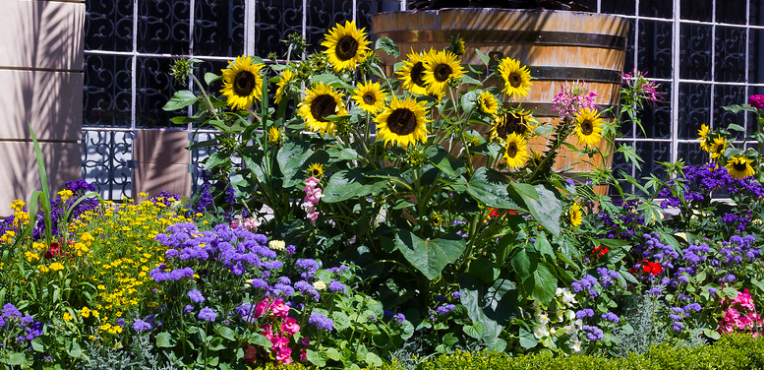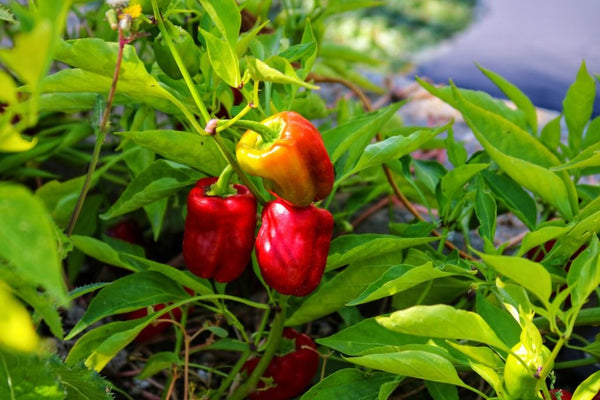Introduction
In a world where environmental consciousness is on the rise, zero-waste gardening emerges as a beacon of sustainable living right in your backyard. With mounting concerns about waste and pollution, gardeners are seeking eco-friendly alternatives to traditional practices. Imagine a garden where every leaf, every stem, and every seed serves a purpose, nurturing both plants and the planet. In this article, we'll explore how you can transform your garden into a model of ecological stewardship, minimizing waste while maximizing abundance. Join us on this journey towards a greener, more sustainable future, one seed at a time.

Understanding Zero-Waste Gardening
Zero-waste gardening isn't just about recycling; it's a holistic approach to cultivation that seeks to eliminate waste at every stage of the gardening process. By embracing principles of resourcefulness, efficiency, and conservation, gardeners can create landscapes that thrive without depleting the earth's natural resources. From composting organic matter to reducing water usage, every action contributes to a greener, more sustainable future.
Assessing Your Current Gardening Practices
Before you can embark on your zero-waste gardening journey, it's essential to take stock of your current habits and practices. From plastic pots to chemical fertilizers, traditional gardening often generates significant waste that can harm the environment. By evaluating your gardening routines and identifying areas for improvement, you can begin to make meaningful changes that will benefit both your garden and the planet.
Designing a Zero-Waste Garden
Designing a zero-waste garden is about more than just aesthetics; it's about creating a space that maximizes efficiency and minimizes waste. By incorporating principles of permaculture and companion planting, you can create a self-sustaining ecosystem where plants work together to support each other's growth. Strategic planning and organization ensure that resources are used wisely, resulting in a garden that's as beautiful as it is sustainable.

Composting: Turning Waste into Gold
Composting is the backbone of zero-waste gardening, transforming kitchen scraps and yard waste into nutrient-rich soil amendments. Whether you opt for a traditional compost bin, vermicomposting with worms or trench composting directly in the garden beds, composting is a simple yet effective way to close the loop on waste and nourish your plants naturally.
Reducing Plastic Waste
Plastic pollution is a significant problem in gardening, from plastic pots and trays to packaging and mulch. By seeking out alternatives such as biodegradable pots, recycled materials, and upcycled containers, you can minimize your reliance on plastic and reduce your environmental impact. Recycling and upcycling materials also play a crucial role in reducing waste and preserving resources for future generations.
Water Conservation Techniques
Water is a precious resource, and conserving it is essential in zero-waste gardening. Techniques such as rainwater harvesting, drip irrigation, and mulching help to minimize water waste and promote healthy plant growth. By using water wisely and efficiently, you can ensure that your garden thrives while minimizing your environmental footprint.
Natural Pest Control Methods
Chemical pesticides can harm beneficial insects and disrupt the ecosystem's delicate balance. Instead, embrace natural pest control methods such as companion planting, attracting beneficial insects, and using homemade pest sprays made from botanical ingredients. By fostering biodiversity and ecological balance, you can keep pests at bay without resorting to harmful chemicals.

Seed Saving and Propagation
Seed saving is a time-honored tradition that preserves genetic diversity and promotes self-sufficiency. By saving seeds from your garden and exchanging them with others, you can help to preserve heirloom varieties and adapt to local growing conditions. Propagating plants from cuttings and divisions is another sustainable way to expand your garden while minimizing waste.
Harvesting and Preserving Produce
Minimizing food waste is a key aspect of zero-waste gardening, and proper harvesting and preservation techniques can help you make the most of your harvest. Harvest produce at the peak of ripeness to maximize flavor and nutrition, and explore methods such as canning, freezing, and drying to preserve excess harvest for later use.
Community Engagement and Sharing Resources
Gardening is a communal activity, and engaging with your local gardening community can provide valuable support and resources. Whether you're sharing seeds, tools, or knowledge, participating in community gardens and shared spaces fosters a sense of belonging and collective stewardship of the land. By working together, we can create thriving, sustainable communities that benefit both people and the planet.

Educating Others and Spreading Awareness
As ambassadors for zero-waste gardening, it's essential to share your knowledge and passion with others. Whether through social media, workshops, or community events, you can inspire others to adopt sustainable gardening practices and make a positive impact on the world around them. By spreading awareness and empowering others to take action, we can create a greener, more sustainable future for all.
Celebrating Successes and Overcoming Challenges
In the journey towards zero-waste gardening, every success is worth celebrating, and every challenge is an opportunity for growth. From battling pests to weathering storms, overcoming obstacles builds resilience and strengthens our commitment to sustainability. By staying motivated and resilient in the face of adversity, we can create gardens that thrive and inspire others to join the movement towards a greener, more sustainable future.
Conclusion
In conclusion, zero-waste gardening offers a pathway to sustainability that benefits both gardeners and the planet. By adopting practices that minimize waste, conserve resources, and promote ecological harmony, we can create gardens that nourish the soul while protecting the earth. As you embark on your zero-waste gardening journey, remember that every action, no matter how small, makes a difference. Together, we can cultivate a future where gardens flourish, communities thrive, and the planet thrives.









